What data recovery tools to buy if you want to start a data recovery business?
Free video data recovery training on how to recover lost data from different hard drives?
Where to buy head and platter replacement tools at good prices?
Data recover case studies step by step guide
I want to attend professional data recovery training courses
When we’re dealing with Samsung hard disk recovery cases, burnt PCB is one of the most common problems we met!
Samsung drives are very vulnerable to power overheating and power surges. Often bad power supply unit combined with power streak is enough to burn spindle driver chip on the electronics and make data inaccessible. Should this occur the computer would reboot itself or shutdown completely, you would normally notice acrid smell and smoke and the drive will no longer spin up. In case your patient hard drive is in the same boat, you need then to swap the PCB from another donor samsung drive.
Firmware corruption of Samsung hard drives
If part of firmware becomes corrupted the drive fails to initialize correctly and stops working as expected. The drive usually sounds normal but does not identify in BIOS or shows up with zero capacity. If you attempt to boot up from such drive or read any data from it you would get “Primary Master Hard Disk Fail”, “No operating system found” or “Disk boot failure” or some other SMART error on boot up.
Samsung hard drives’ clicking/knocking
The drive spins up and and the head starts clicking right from the beginning with a constant or intermittent sound. Most often this a sign of damaged heads and it means this drive needs to be opened in class 100 cleanroom in order to swap head assembly from matching donor. Don’t try to open the drive by yourself – most likely you will damage the platters and make your data unrecoverable.
Samsung drives have bad sectors problem too. After some period of time magnetic media starts to degrade and bad sectors appear. Whenever the drive hits such unreadable area it could start freezing, ticking, scratching and sometimes even clicking. This leads to further damage to the media and causes more data loss. As soon as you start experiencing such symptoms while reading important files stop your computer immediately and consider talking to a professional. Any further attempts would just add up to the problems.

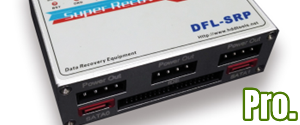
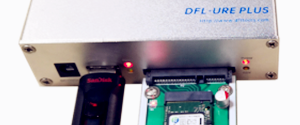
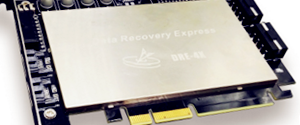

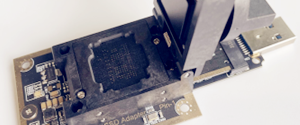
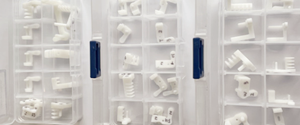
Comments are closed
Sorry, but you cannot leave a comment for this post.